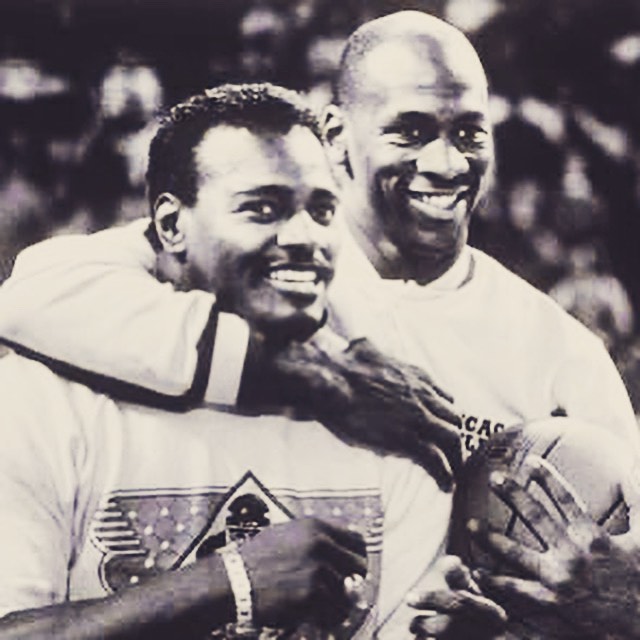Walter Payton, one of the greatest NFL players of all time, passed away on November 1, 1999, at the age of 45. Known for his extraordinary career with the Chicago Bears, his passing was a heartbreaking moment for football fans worldwide. Walter Payton’s death not only marked the loss of a legendary athlete but also highlighted a rare liver disease that ultimately claimed his life.
About Walter Payton

| Attribute | Details |
|---|---|
| Full Name | Walter Jerry Payton |
| Date of Birth | July 25, 1954 |
| Place of Birth | Columbia, Mississippi, USA |
| Nationality | American |
| Occupation | Professional Football Player |
| Famous For | Chicago Bears Running Back, NFL Hall of Famer |
| Date of Death | November 1, 1999 |
| Age at Death | 45 years old |
Walter Payton, also known as “Sweetness”, was a beloved figure in the NFL, known for his incredible rushing ability, versatility, and sportsmanship. He spent his entire career with the Chicago Bears, setting numerous records, including becoming the NFL’s all-time leading rusher (a record later broken by Emmitt Smith). Payton’s humility and dedication to his team and the sport made him an icon on and off the field.
How Did Walter Payton Pass Away?

Walter Payton’s death was caused by primary sclerosing cholangitis (PSC), a rare liver disease. Payton publicly revealed his diagnosis of this condition in February 1999, less than a year before his death. PSC is a chronic liver disease that leads to inflammation and scarring of the bile ducts, ultimately resulting in liver failure.
As Payton’s condition worsened, he developed cholangiocarcinoma, a form of bile duct cancer, which was a direct complication of PSC. Despite receiving medical treatment and advocating for organ donation awareness during his illness, the disease progressed rapidly. Walter Payton passed away on November 1, 1999, surrounded by his family in his home in Illinois.
His passing sent shockwaves through the sports world, and tributes poured in from fans, players, and teams across the NFL. Payton’s bravery in facing his illness and his efforts to raise awareness about organ donation further solidified his legacy as a champion both on and off the field.
Walter Payton Age During Death
At the time of his passing, Walter Payton was 45 years old. His relatively young age made his death all the more tragic, as many believed he still had much to offer the world, even after retiring from football in 1987. His death cut short a life that was as impactful off the field as it was during his Hall of Fame football career.
What Was Walter Payton’s Profession?
Walter Payton was a professional football player, best known for his role as a running back for the Chicago Bears in the NFL. He played for the Bears from 1975 to 1987, becoming one of the most accomplished and respected players in NFL history. Some of his most notable achievements include:
- NFL MVP in 1977
- Super Bowl Champion in 1985 (Super Bowl XX)
- 9-time Pro Bowl Selection
- Induction into the Pro Football Hall of Fame in 1993
Beyond his football career, Payton was also a philanthropist and businessman. After retiring from football, he dedicated much of his time to charity work and raising awareness about organ donation through the Walter Payton Foundation.
Controversy Around Walter Payton’s Death

While there was no direct controversy around Walter Payton’s death, there was public speculation and misunderstanding about his illness during his final months. Before Payton revealed his diagnosis in early 1999, rumors circulated about his appearance and weight loss, leading to questions about his health.
Some believed Payton was suffering from cancer, but the truth was not known until his public announcement of primary sclerosing cholangitis.
Additionally, Payton used his platform to emphasize the importance of organ donation. He encouraged others to become organ donors, hoping that his situation would bring attention to the thousands of people awaiting transplants. His efforts sparked a national conversation about organ donation, although he did not live long enough to receive a transplant himself.
In the years following his death, there have been various stories and documentaries exploring Payton’s life, illness, and legacy, but none have generated significant controversy around the nature of his death.
Walter Payton’s death was a heartbreaking moment for the NFL and his millions of fans worldwide. His passing due to liver disease highlighted the need for increased awareness of organ donation, a cause he championed in his final months. His legacy as one of the greatest football players in history and as a humanitarian continues to inspire others.
